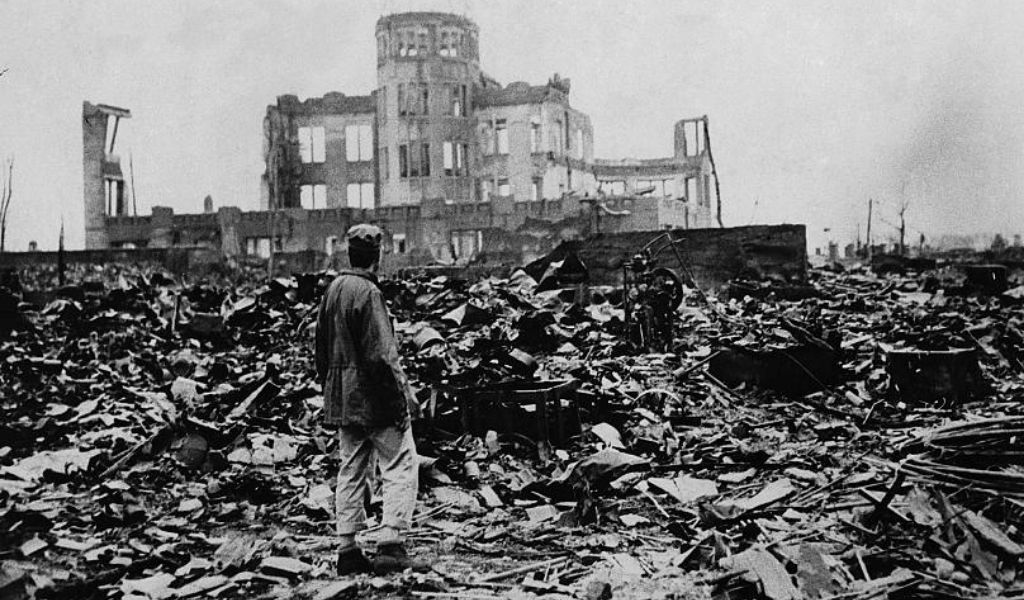
Maldives-Signed First Ever Treaty To Ban Nuclear Weapons Had Entered Into Force On Friday
On Friday, hailed as a historic step to rid the world of its deadliest weapons, the first-ever treaty to ban nuclear weapons has entered into force. The United Nations’ Treaty on the Prohibition of Nuclear Weapons (TPNW), to which the Maldives is a proud signatory of, is now part of international law, culminating a decades-long campaign aimed at preventing a repetition of the US atomic bombings of Hiroshima and Nagasaki at the end of World War II. Via a tweet yesterday, Minister of Foreign Affairs, Dr. Abdulla Shahid, made an announcement, celebrating the entry into force of the Treaty.
The TPNW was adopted at the United Nations in the year 2017 and finally received its 50th ratification on 24th October 2020, triggering a 90-day period before its entry into force on 22nd January 2021. The aim of the treaty is a comprehensive and categorical ban on nuclear weapons. It binds signatories not to develop, test, produce, acquire, have control of, use or threaten to use nuclear weapons.
States also cannot “assist, encourage or induce” anyone to engage in any activity prohibited under the treaty — essentially anything to do with nuclear weapons.
It is also the first treaty to commit member nations to provide long-neglected assistance for the victims of atomic bombs and weapon testing. It also calls for nations to clean up environments contaminated by nuclear weapons use and testing, where that is feasible.
When the treaty was approved by the UN General Assembly in July 2017, more than 120 states approved it. However, at present, only 86 nations have signed the TPNW, and 51 have ratified it (meaning they are bound by its provisions) whereas none of the nine countries known or believed to possess nuclear weapons — the United States, Russia, Britain, China, France, India, Pakistan, North Korea and Israel — supported it and neither have many other countries which rely on their nations’ nuclear weapons for their security: such as the members of NATO, have also not signed. Japan, the world’s only country to have suffered nuclear attacks, also does not support the treaty.
(Photos From Nuclear Attack On Japan During World War II)